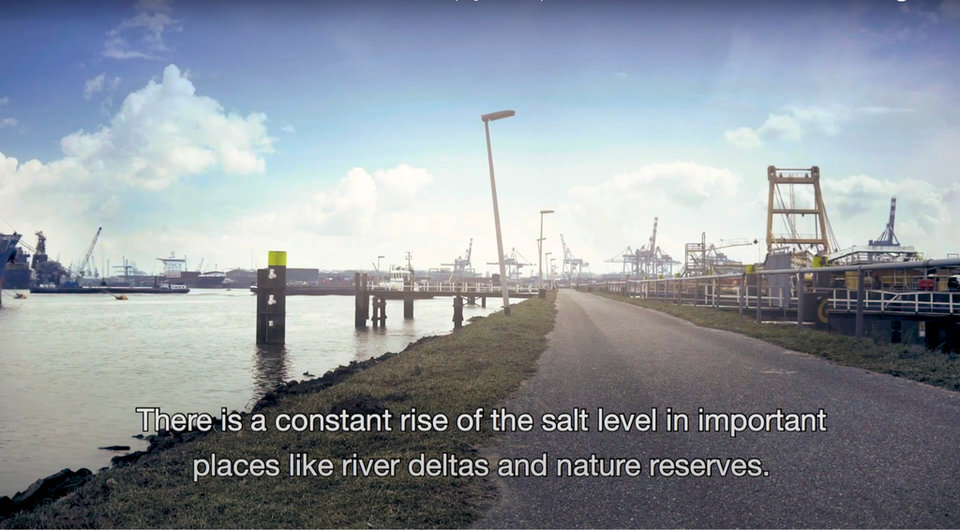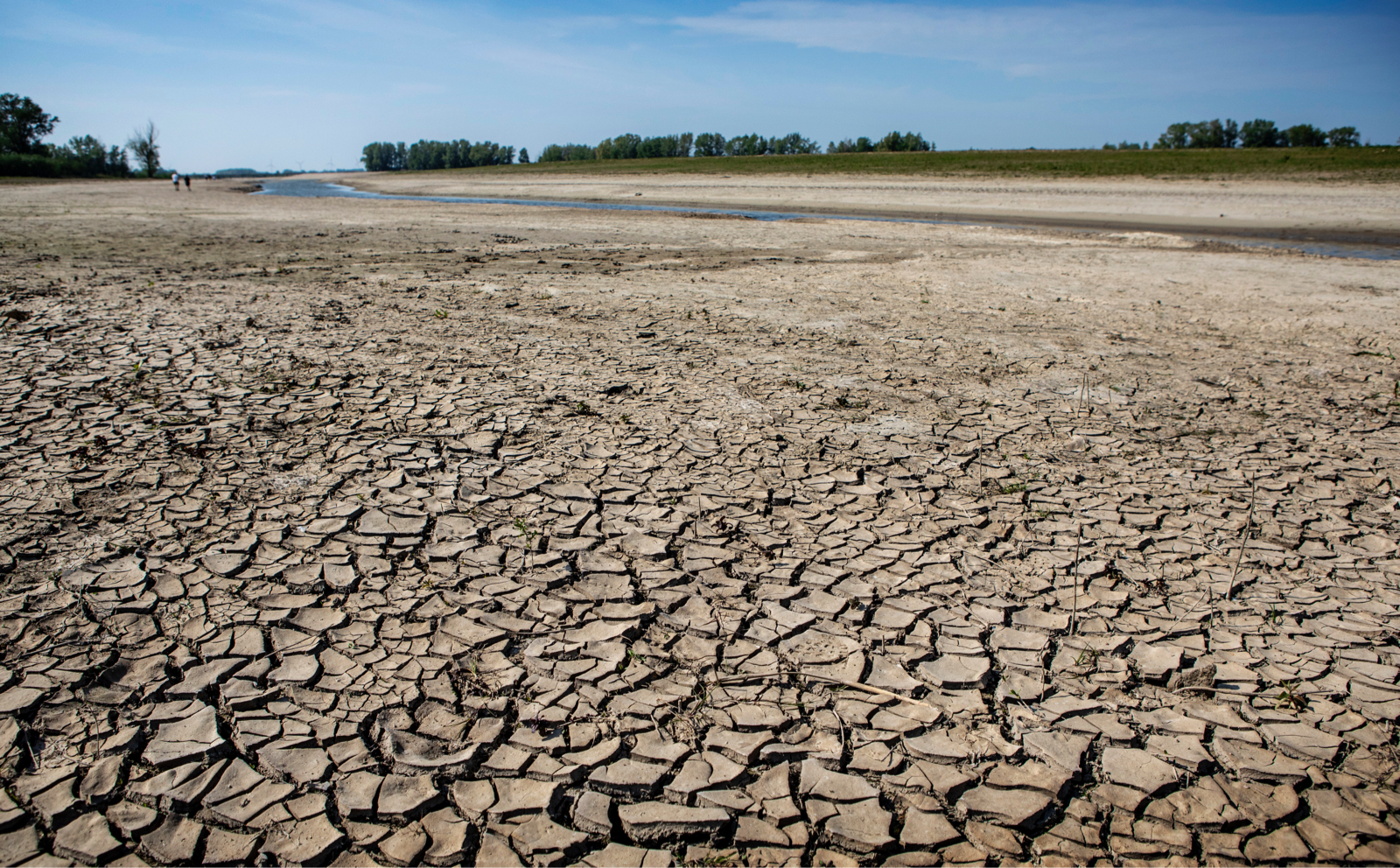Understanding transforming deltas
Understanding how deltas will change in response to climate change is essential for sound decision making on how to keep deltas habitable. Climate change is a natural phenomenon on a geological time scale but is now taking place at an accelerated pace. Additionally, in the past centuries people have altered the deltaic environment and small alterations due to climate change can have a large potential impact on delta functionality. To ensure liveability of deltas, insight is needed in the deltaic response to climate change, including system understanding, insights in adaptation tipping points, mitigation and adaptation strategies. We need a strong and well-informed Delta community, that can assess the impacts of changes for deltas and small island development states, since these will suffer from severe consequences.
Impact of climate change on Deltas
The liveability of deltas depends on several factors, such as safety from flooding, fresh-water availability and good water quality for people and nature. Here we highlight the impact of sea level rise on freshwater salinisation. In many coastal zones around the world, supply and demand of fresh water are already in a tricky balance. Climate change distorts that balance towards a diminishing supply, while socio-economic developments tend to move towards an increasing demand. The SALTISolutions program studies the Rhine-Meuse Delta aiming to create a virtual model connecting various spatial and time scales. It was concluded that low river discharges enhance salinity.
Under the combined effect of low river discharge and sea level rise events during which the salinity standard are exceeded will occur more frequent and earlier in this century. Groundwater resources are under pressure from sea level rise, but also from a decrease in rainfall, increased evaporation and changing river discharge events. As part of the Dutch knowledge program on sea level rise, modelling work has shown that the groundwater will become increasingly more salty and that the fresh water demand to counteract salt water seepage increases from the current 20 m3/s to 50 m3/s at 0.5 m sea level rise and up to 270 m3/s at 3 m sea level rise.
Building a delta community
Tomorrow’s challenges require a strong community of scientists and government partners, working together in the science-policy interface. Together with all our partners, a broad-based community of professionals, our aim is to maintain and extend a ‘Rethink the Delta’ community to revolutionise the way we approach delta regions and their sustainable development. By combining expertise in natural sciences and social sciences, we strive to create resilient delta solutions for forward-thinking strategies and adaptive planning.

Big threats to small islands
The United Nations has recognised a group of 58 small island development states (SIDS) for their unique and vulnerable characteristics, also in relation to the challenges of climate changes. We provide practical information and tools on climate adaptation and mitigation in particular for flood protection and fresh-water availability.
All Sendai priority’s










